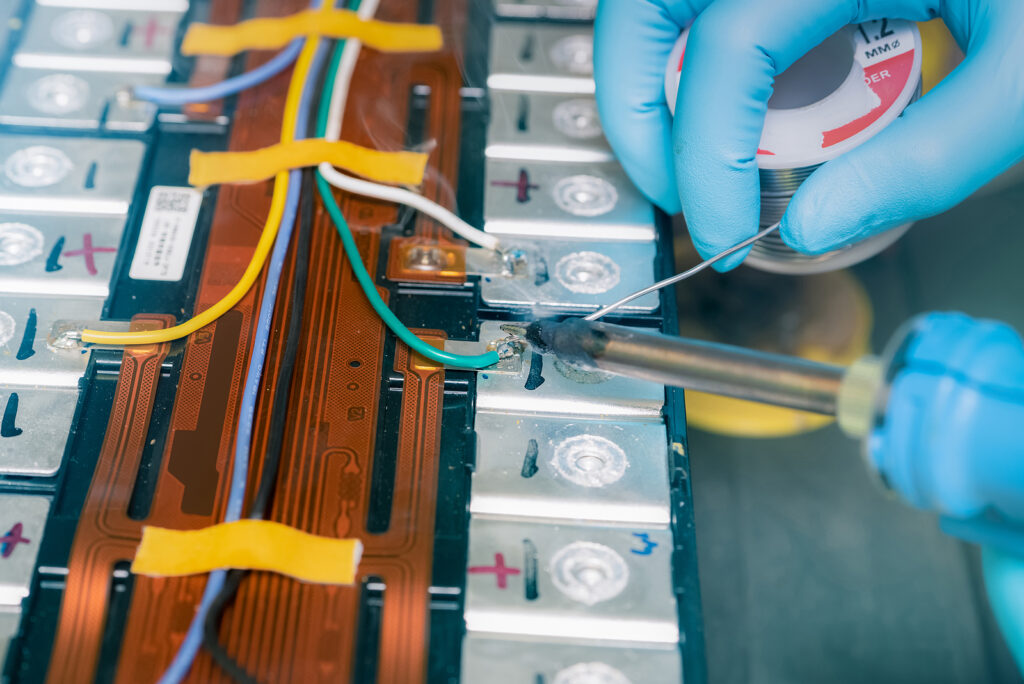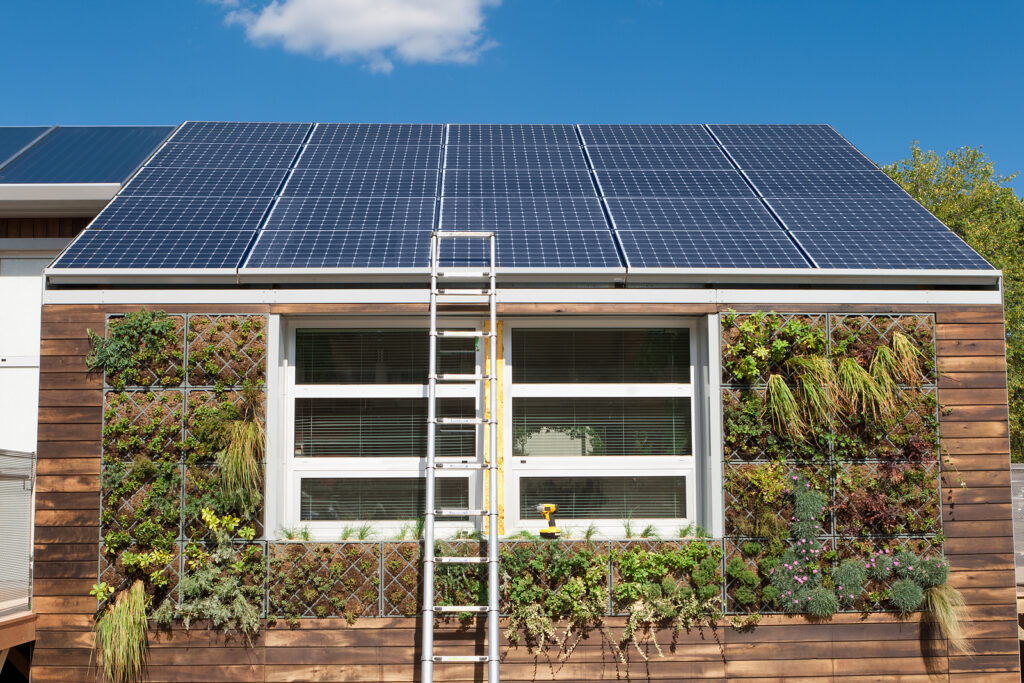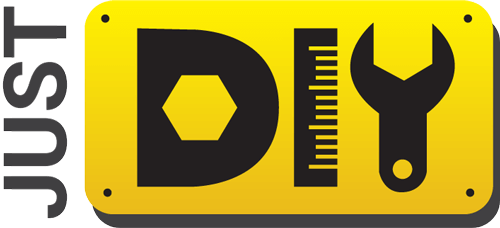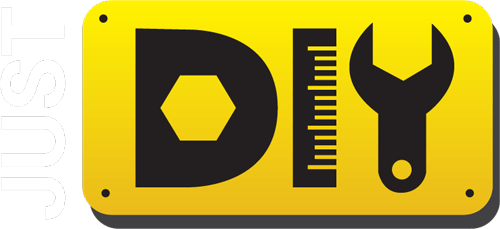Can You DIY Solar Panels
Over the past few years, I've become increasingly aware of the importance of sustainable energy sources. With the rising concerns about climate change and the desire to reduce my own carbon footprint, I've been seriously considering the idea of installing solar panels on my property. Not only do solar panels offer a clean and renewable source of electricity, but they can also significantly cut down on energy bills in the long run.
However, there's one significant hurdle that's been holding me back: the cost of purchasing and installing solar panels from professional solar companies. It's no secret that this can be quite a hefty investment. This got me thinking: Can I really take matters into my own hands and DIY solar panels?
In my quest to explore this idea further, I've decided to delve into the risks and rewards of DIY solar panel installation. After all, it's not just about saving money; it's also about making a positive environmental impact and gaining a deeper understanding of how solar energy works. Let's embark on this journey together and see if DIY solar panels are a feasible option for someone like me.
Understanding Solar Panels
Solar panels, often referred to as photovoltaic (PV) panels, play a pivotal role in harnessing renewable energy. These innovative devices serve as the cornerstone of solar power systems, and before embarking on any DIY projects related to them, it's essential to gain a comprehensive understanding of their operation and significance.
What Are Solar Panels?
At their core, solar panels are ingeniously designed instruments that tap into the immense power of the sun to generate electricity. These panels consist of an intricate array of solar cells, typically constructed from silicon-based materials. The primary function of these cells is to convert sunlight into electrical energy, specifically in the form of direct current (DC). This DC electricity serves as the foundational source that can be subsequently transformed into alternating current (AC) for practical applications within residential and commercial settings.
How Do Solar Panels Function?
The operation of solar panels hinges on the fundamental concept of the photovoltaic effect. When sunlight bathes the solar cells embedded within a panel, it triggers a remarkable process. The photons from the sunlight collide with the electrons present within the cells, effectively liberating these electrons from their atomic bonds. This liberation of electrons results in the formation of an electric current, a flow of electrical charge. This newly generated electric current can be harnessed to power a myriad of appliances, lighting fixtures, and electronic devices within a home or business establishment.
Moreover, solar panels can also contribute to the broader energy ecosystem through a process known as net metering. This entails feeding surplus electricity produced by your solar panels back into the grid. In exchange, you receive credits or compensation for your contribution to the overall electrical supply. Net metering not only promotes sustainability but also offers financial incentives to those who embrace solar energy solutions.

DIY Solar Panel Installation
Can You DIY Solar Panels?
Constructing your own solar panels is indeed feasible, but it's crucial to grasp the complexity and potential challenges associated with this endeavor. Embarking on a DIY solar panel installation involves a series of intricate steps that require meticulous attention to detail and some degree of risk. Here's a more comprehensive breakdown of the main phases involved:
Material Procurement
Commencing the DIY solar panel project necessitates the acquisition of essential materials, which include solar cells, a sturdy framework to support the cells, a suitable backing material, and the requisite wiring. While solar cells can be obtained through online vendors or specialized suppliers, it's important to note that their quality can vary significantly, impacting the overall performance of your homemade panels.
Panel Assembly
With all the materials in hand, the assembly of the solar panels becomes the next critical step. This process demands precision and care to ensure that the individual solar cells are correctly interconnected and securely mounted within the frame. The arrangement and alignment of the cells are crucial factors that affect the panel's overall efficiency and power output.
Electrical Configuration
Once the panels are assembled, you'll need to focus on the electrical aspects of the project. This entails interconnecting the panels and integrating them with an inverter, which converts the direct current (DC) electricity generated by the solar cells into alternating current (AC) electricity suitable for use in your home. It is important to emphasize that this phase involves intricate electrical work and should only be undertaken by individuals with a comprehensive understanding of electrical systems. Inaccurate wiring or improper installation can pose safety hazards and potentially damage your electrical equipment.
Regulatory Compliance
In addition to the technical aspects of DIY solar panel installation, it's essential to be aware of local regulations, permits, and safety standards. Failure to comply with these requirements could lead to legal issues or jeopardize your eligibility for incentives and rebates related to solar energy.
Maintenance and Monitoring
Beyond the initial installation, DIY solar panel owners should be prepared for ongoing maintenance and monitoring. This involves periodic inspections to ensure that the panels are operating efficiently and troubleshooting any issues that may arise over time.
Risks of DIY Solar Panel Installation
While the prospect of cost savings and green energy production through DIY solar panel construction is alluring, it's vital to delve deeper into the significant risks and considerations associated with such an undertaking:
Safety Hazards:
One of the most paramount concerns when it comes to DIY solar panel installation is the inherent safety hazards. Handling electricity without the appropriate knowledge and precautions can be perilous. Mistakes in wiring, connection, or overall installation can lead to electrical fires, personal injuries, or even fatalities. Professional solar installers undergo extensive training and possess the necessary expertise to manage these risks safely.
Efficiency Concerns:
DIY solar panels typically exhibit lower efficiency levels compared to commercially manufactured panels. Reduced efficiency means that you'll need a larger number of DIY panels to generate the same amount of electricity as professionally produced ones. This increased requirement for panels can translate into higher upfront costs, a more substantial physical footprint, and potentially less effective energy production over time.
Warranty Limitations:
Professionally installed solar panels are often accompanied by comprehensive warranties, some of which can extend for 25 years or more. These warranties offer peace of mind by covering maintenance, repairs, or component replacements. In contrast, DIY panels may not come with such robust warranties, leaving you solely responsible for addressing any issues that may arise over the system's lifespan, potentially incurring additional costs.
Grid Connection and Regulatory Compliance:
Linking your DIY solar panel system to the electrical grid necessitates navigating a complex landscape of permits, inspections, and regulatory compliance requirements. Failure to adhere to local regulations can result in legal complications, fines, or even an order to dismantle the system altogether. Understanding and complying with these rules is essential to ensure the legality and safety of your solar installation.
Financial Viability:
Assessing the true cost-effectiveness of a DIY solar installation demands a thorough evaluation of your specific circumstances. This includes factors such as your energy consumption, geographical location, available financial incentives, and your long-term financial goals. It's crucial to weigh the potential upfront savings against the associated risks, limitations, and long-term returns on investment.
Expertise and Experience:
A successful DIY solar panel installation necessitates proficiency in electrical systems, construction techniques, and solar technology. Without the necessary expertise and experience, you may compromise the system's performance and increase its maintenance requirements. Seeking guidance from professionals or knowledgeable DIY enthusiasts can be invaluable in ensuring a successful project.
Ongoing Maintenance:
Beyond the initial installation, DIY solar panel owners should be prepared for ongoing maintenance responsibilities. This includes routine cleaning, monitoring of system performance, and promptly addressing any issues that may arise. Neglecting maintenance can lead to reduced efficiency and potentially shorten the system's operational lifespan.
Environmental Impact:
Professionally manufactured solar panels often adhere to environmental standards and sustainable practices. This includes responsible material disposal and minimizing the ecological footprint. DIY panels may not necessarily prioritize these environmental concerns to the same extent, potentially resulting in a greater environmental impact.
Rewards of DIY Solar Panel Installation
While it's crucial to be aware of the associated risks, there are also compelling rewards that come with DIY solar panel installation:
Cost Savings
Perhaps the most enticing benefit of embarking on a DIY solar panel project is the substantial cost savings it offers. By independently sourcing materials and providing your labor, you have the potential to save a significant amount of money compared to hiring a professional installer. These savings can translate into a faster return on investment and a more budget-friendly approach to harnessing solar energy for your home.
Learning Experience
Engaging in a DIY solar panel installation can serve as a valuable and educational journey. It provides an opportunity to delve deep into solar technology and gain a comprehensive understanding of how renewable energy systems function. The hands-on experience of building and installing your panels can be intellectually rewarding, empowering you with knowledge about sustainable energy solutions.
Customization
DIY solar panels grant you the flexibility to tailor your solar energy system to your specific energy needs and preferences. Unlike off-the-shelf solutions, which often come in standardized configurations, a self-built system can be customized to meet the unique demands of your household. This customization allows you to optimize energy production, storage, and distribution according to your priorities and environmental conditions.
Environmental Impact
By taking a DIY approach to solar panel installation, you have the potential to make environmentally conscious choices throughout the process. This includes selecting sustainable materials, minimizing waste, and ensuring responsible disposal practices. Your commitment to reducing your ecological footprint can contribute positively to the environment.
Sense of Accomplishment
Completing a DIY solar panel installation can be a source of immense personal satisfaction and accomplishment. It's a tangible project that can provide a sense of pride and achievement, knowing that you've played a pivotal role in transitioning to clean, renewable energy for your home.

Is DIY Solar Right for You?
If you're contemplating the idea of embarking on a DIY solar panel project, there are several crucial considerations to take into account before diving in:
Skill and Knowledge
One of the most fundamental questions you must ask yourself is whether you possess the necessary skills and knowledge to undertake the construction and installation of solar panels safely and effectively. If you lack expertise in this area, it's essential to either acquire the required know-how through education and training or seek professional assistance to avoid potential pitfalls.
Local Regulations and Compliance
Before setting up your DIY solar system, it's imperative to thoroughly research and understand the local regulations governing solar installations in your area. This includes permitting requirements, safety standards, and compliance with grid connection regulations. Failing to adhere to these rules can result in not only delays but also costly legal issues that can significantly impact your project.
Budget Considerations
While DIY solar panels are often touted as a cost-effective alternative, it's crucial to establish a comprehensive budget for your project. This budget should not only cover the initial materials and equipment but also account for potential hidden costs such as permits, inspections, and unforeseen challenges that may arise during the installation process. Having a well-defined budget will help you manage your finances effectively and avoid unexpected financial burdens.
Time Commitment
Building and installing solar panels is a time-consuming endeavor. Before committing to a DIY project, carefully assess whether you have the time and dedication required to see it through to completion. Depending on the complexity of your system and your level of experience, the project may span several weeks or even months. Ensuring that you can devote the necessary time to the project is essential for achieving successful results.
FAQs: Can You DIY Solar Panels?
1. Is it legal to DIY solar panels?
The legality of DIY solar panels varies depending on your location and local regulations. Before starting any DIY solar project, it is essential to check with your local government and utility company to determine if permits and inspections are required. Non-compliance with these regulations can result in legal issues and fines.
2. Are DIY solar panels as efficient as professionally installed ones?
DIY solar panels tend to be less efficient than professionally manufactured and installed panels. Professionally installed panels are designed and tested for optimal performance and typically come with warranties. DIY panels may not achieve the same level of efficiency, which means you may need more panels to generate the same amount of electricity.
3. What skills and knowledge do I need for DIY solar panel installation?
DIY solar panel installation requires a range of skills and knowledge, including electrical expertise, construction skills, and an understanding of solar technology. You should have the ability to safely work with electricity and electrical components. If you lack these skills, it's crucial to gain the necessary expertise or seek professional assistance.
4. How much money can I save with DIY solar panels?
The amount of money you can save with DIY solar panels depends on various factors, including the size of your system, the quality of materials used, and local incentives or rebates. DIY solar panels can potentially save you thousands of dollars compared to hiring a professional installer, but it's essential to budget for all associated costs, including permits, inspections, and maintenance.
5. What are the safety risks associated with DIY solar panels?
Working with electricity is inherently dangerous, and DIY solar panel installation poses several safety risks. Incorrect wiring or installation can lead to electrical fires, personal injury, or damage to your property. It is crucial to prioritize safety and take appropriate precautions when working on any electrical project.
6. Are there any warranties for DIY solar panels?
Unlike professionally installed solar panels, DIY panels may not come with warranties. Most reputable solar panel manufacturers offer warranties that can last 25 years or more. Before choosing to DIY, consider the long-term implications of potential maintenance and repairs without a warranty.
7. Can I connect DIY solar panels to the grid?
Connecting DIY solar panels to the grid typically requires compliance with local regulations and safety standards. You may need permits and inspections to ensure the system meets all requirements. Failure to comply with these regulations can lead to complications and legal issues.
8. How long does it take to DIY solar panels?
The time required to complete a DIY solar panel installation can vary widely based on your experience, the complexity of the project, and the size of the system. Building and installing solar panels can be time-consuming and may require several weeks or even months of work, depending on your circumstances.
9. Can I customize DIY solar panels to fit my energy needs?
One of the advantages of DIY solar panels is the potential for customization. You can design a system that fits your specific energy needs and preferences. This level of customization can be a significant benefit for homeowners looking to tailor their solar installation.
10. What are the long-term maintenance requirements for DIY solar panels?
DIY solar panels, like professionally installed systems, require ongoing maintenance to ensure optimal performance. Regular cleaning, monitoring, and occasional repairs may be necessary. It's essential to factor in these maintenance tasks and costs when considering a DIY solar panel installation.
Conclusion
In conclusion, my exploration of DIY solar panel installation has been a journey filled with both excitement and caution. The allure of clean energy and potential cost savings has captivated me, but I've also learned that this undertaking is not without its challenges. I've gained a deeper understanding of solar technology and its significance, but I'm now faced with the crucial decision of whether to take the DIY route or seek professional assistance.
As I reflect on this journey, I'm optimistic about the rewards of self-sufficiency and customization that DIY solar panels offer. However, I'm acutely aware of the importance of careful planning, compliance with regulations, and ongoing commitment. Ultimately, this decision will shape my path towards a more sustainable and environmentally responsible future, and I'm determined to make it with a well-informed perspective that aligns with my values and goals.
Sources
https://www.energy.gov/eere/solar/homeowners-guide-going-solar




